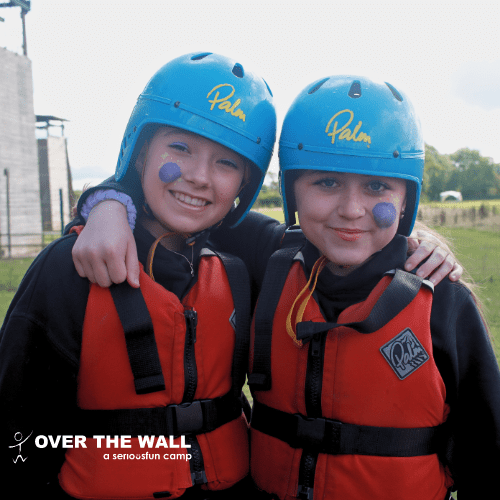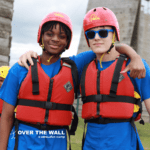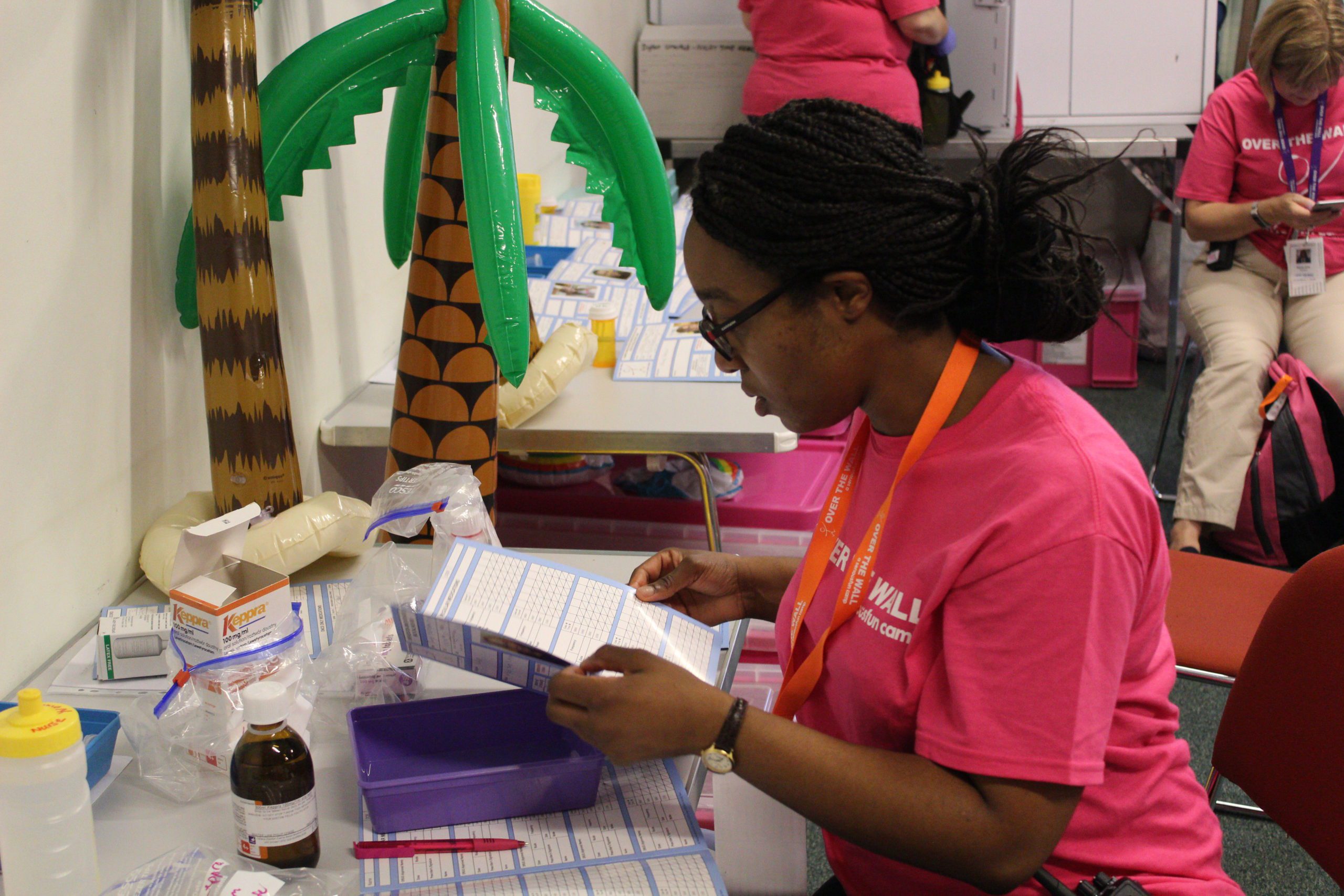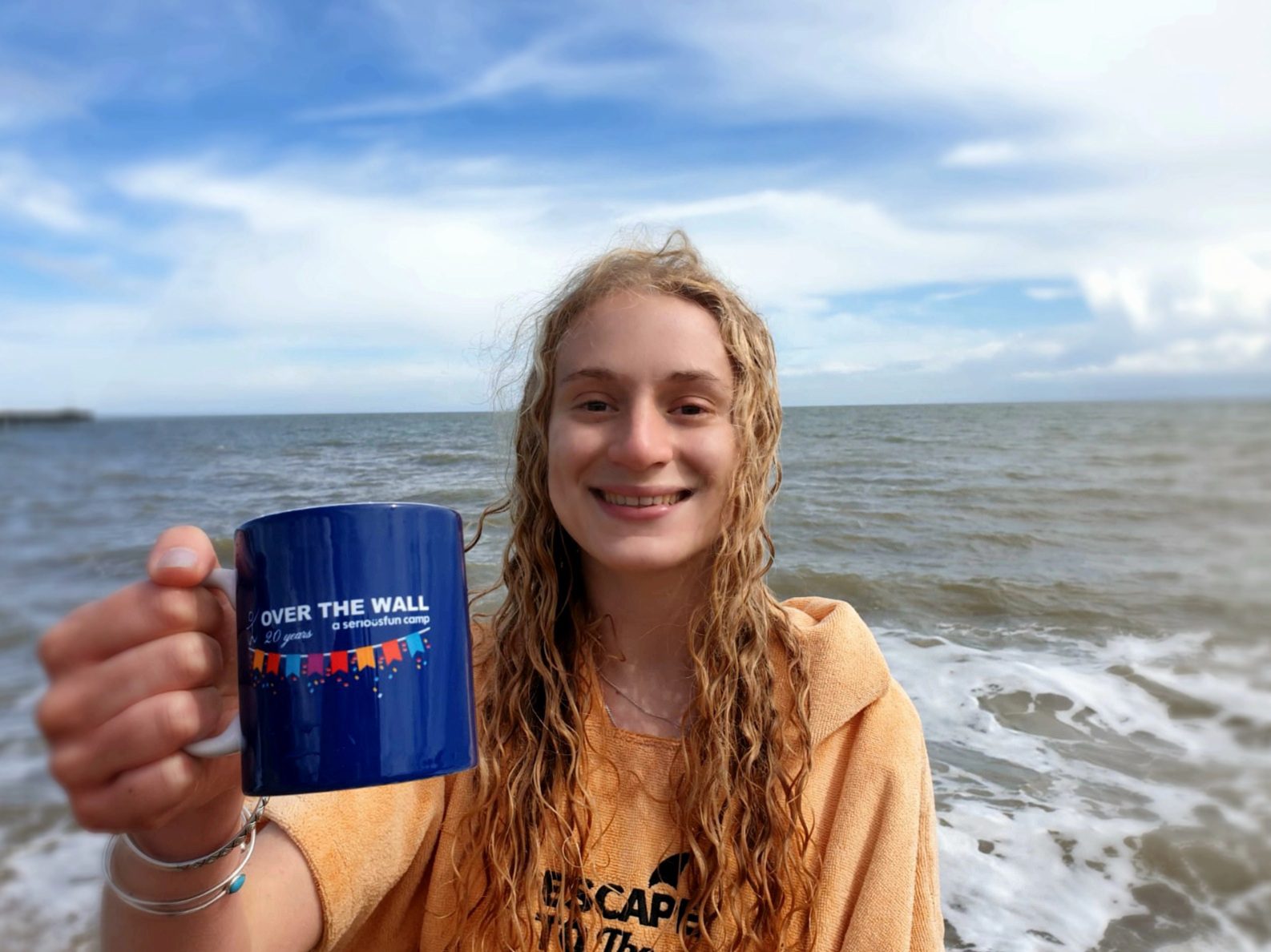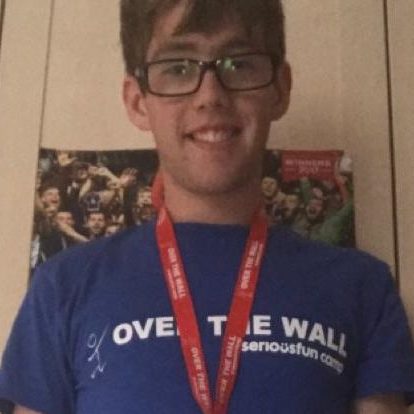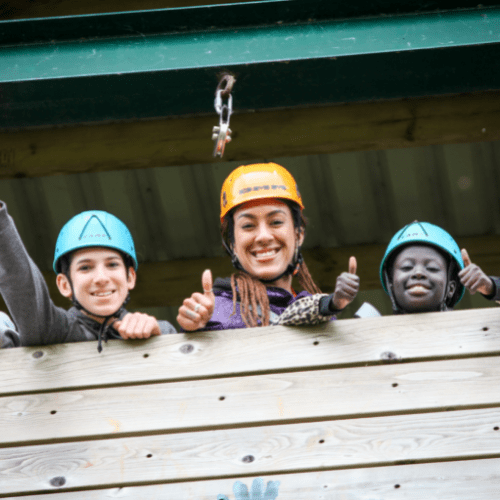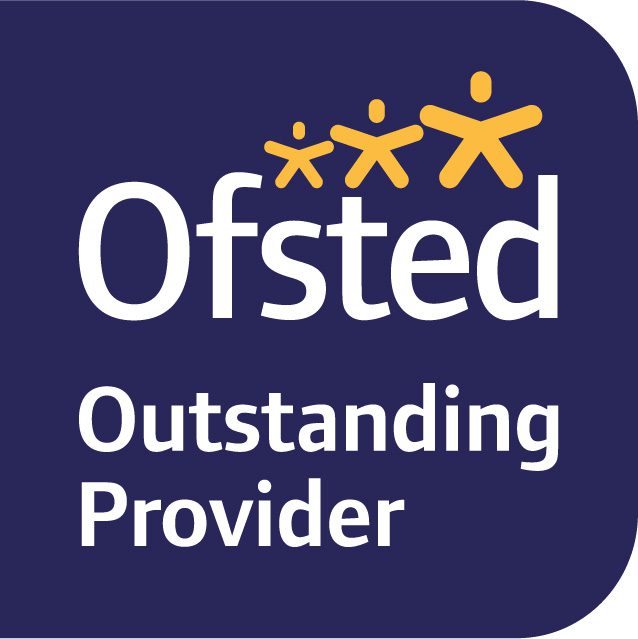Residential Camp Handbook
Information for parents and guardians.
Over The Wall’s Residential Camp Online Handbook for 2024!
Here you can find everything you need to know about attending an Over The Wall residential camp, including an overview of our activities programme, a packing list and information about medical care at camp.
Whether this is your first Over The Wall experience or if you’ve been to one of our camps before, we hope this handbook is filled with lots of useful information for you to look through before attending.
It is important to note the PRE-CAMP CHECKLIST. All items on this page MUST be completed in order to attend camp.

